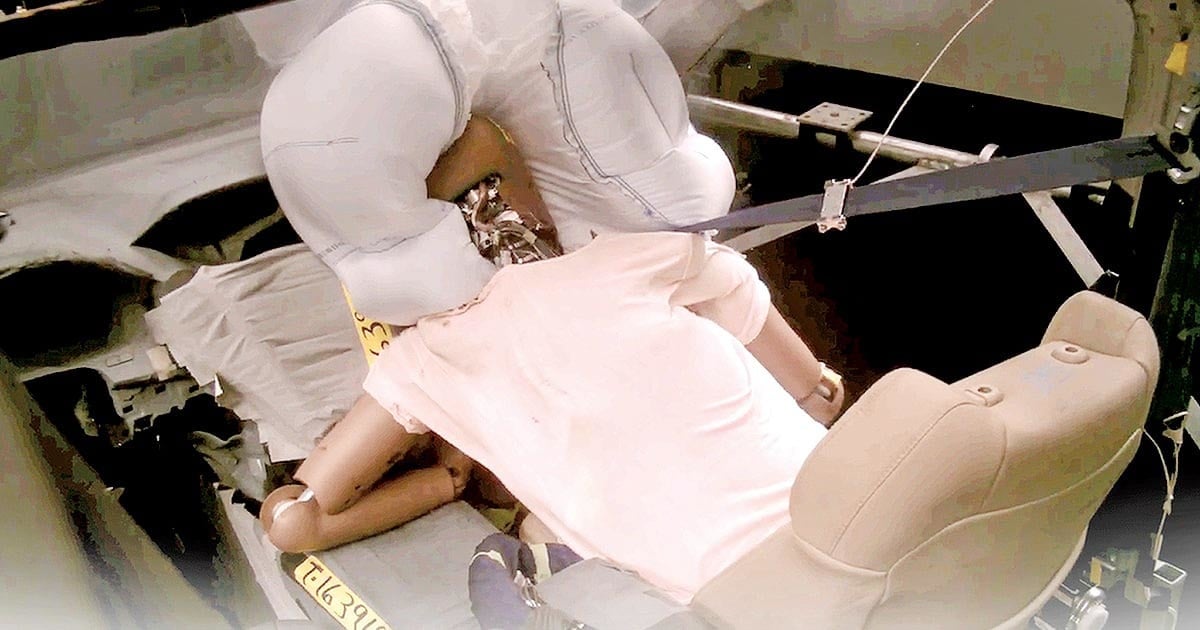
WASHINGTON — ARC Automotive has responded to the latest request by NHTSA as part of the agency’s ramped-up investigation of rupturing airbag inflators manufactured by the Tier 2 supplier.
NHTSA on May 31 issued a special order directing ARC to answer written questions under oath and produce additional documents by June 14.
The request came after the agency demanded ARC recall 67 million airbag inflators produced through January 2018 that the agency “tentatively concluded” were defective. ARC rejected NHTSA’s demand.
The company stated that it “strongly disagrees with the agency’s ‘tentative conclusion’ that a safety defect exists” in the subject driver and passenger inflators — 11 million of which were manufactured by Autoliv-acquired Delphi under a licensing agreement with ARC, which made the remainder.
At least nine incidents globally — seven in the U.S. — of ruptured airbag inflators have been identified in NHTSA’s still-open investigation of ARC. Of those, dating from 2009 to as recently as March, seven injuries and two deaths have been reported.
ARC, which in January 2018 installed instruments to detect excessive weld slag and other debris in the welding process, said it believes the ruptures resulted from “one-off manufacturing anomalies” that were addressed by automakers in subsequent recalls.
A NHTSA spokesperson confirmed to Automotive News on June 15 that the agency had received ARC’s response to the special order and that it was “being processed for personally identifiable information and confidential business information before a public version is made available in the investigation file.”
Among the information sought by the agency was whether ARC contends its airbag inflators are expected to occasionally rupture and its “best estimate” of the number of field ruptures of the subject inflators that it believes will occur as “one-off manufacturing anomalies” or from another cause. NHTSA also wanted more information on the 2001 licensing agreement with Delphi.
In its response, ARC said it “did not design and manufacture its inflators with an expectation that some would occasionally experience a field rupture. ARC recognizes, however, that even with appropriate industry standards … and efforts by manufacturers to minimize the risks of failures, the manufacturing processes may not completely eliminate the risk of occasional or isolated failures.”
Additionally, the supplier said its customers, automakers and NHTSA “have been informed that there have been unexplained field ruptures, and, as the case law recognizes and all manufacturers are aware, the risk of manufacturing anomalies cannot be completely ruled out in any mass production process.”
The inflators have been used in vehicles made by at least 12 automakers. NHTSA has not yet released a complete list of all makes and models that might have the inflators, nor has it provided a figure for how many vehicles might be affected.
Since the launch of the ARC investigation in 2015, automakers — including BMW, Ford and Volkswagen — have initiated eight recalls to address potential safety defects with ARC airbag inflators.
Most recently, General Motors called back nearly 1 million 2014-17 Buick Enclave, Chevrolet Traverse and GMC Acadia large crossovers equipped with the airbag inflators.